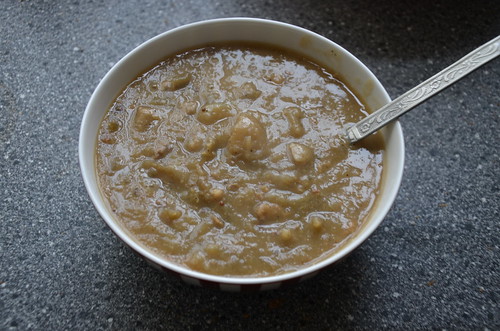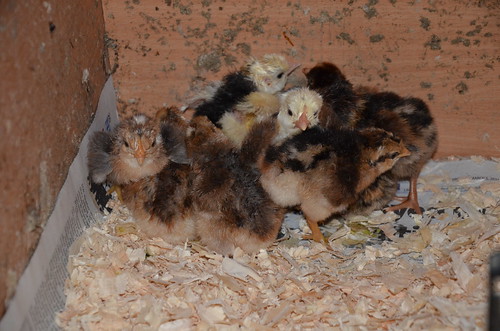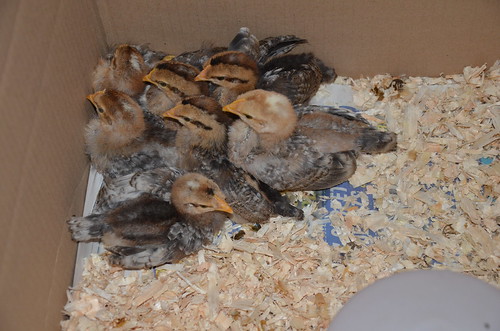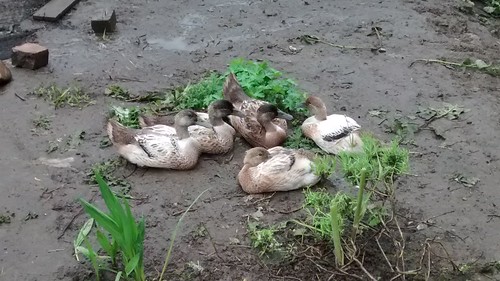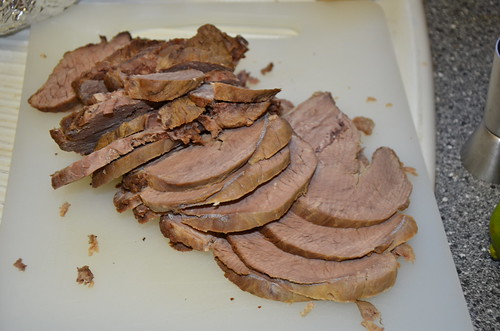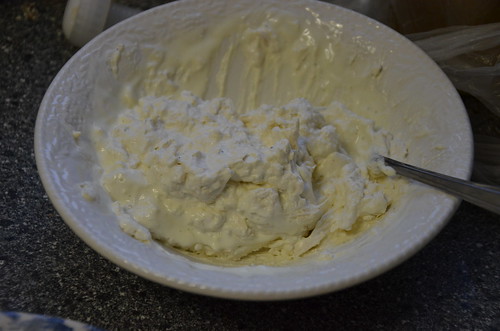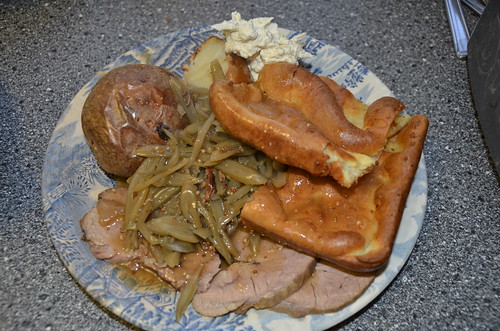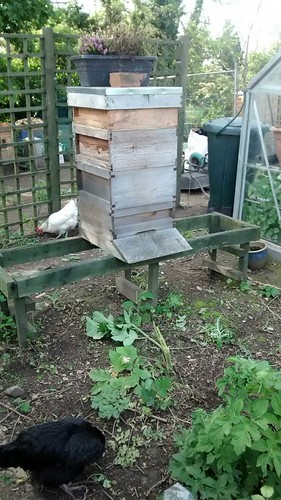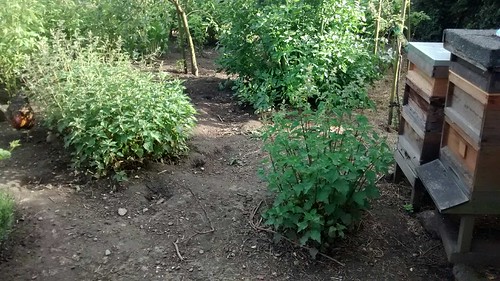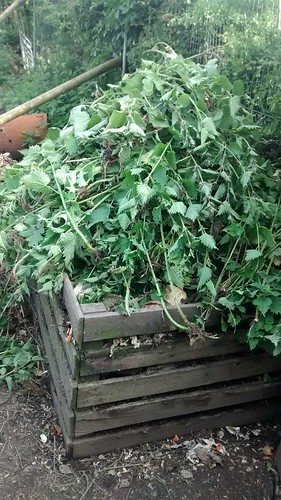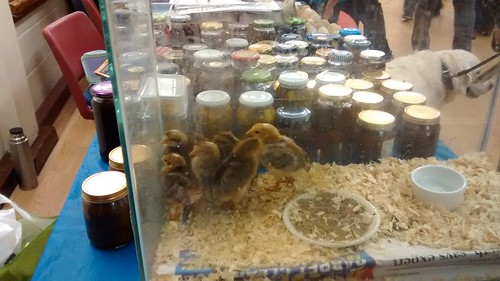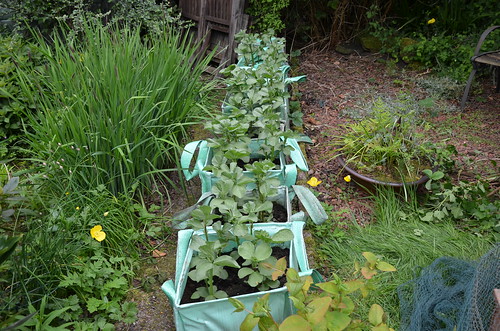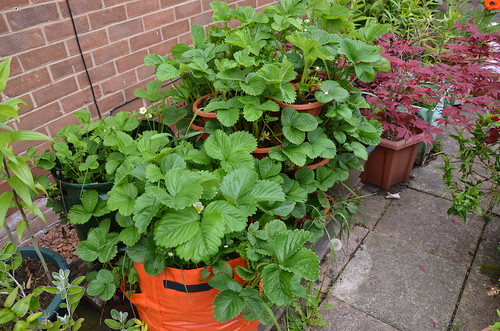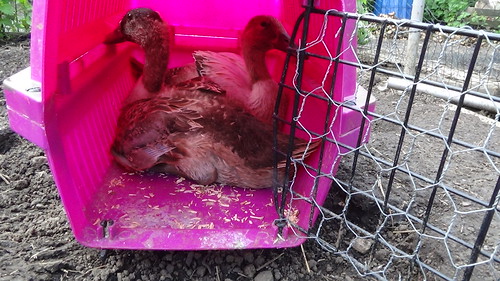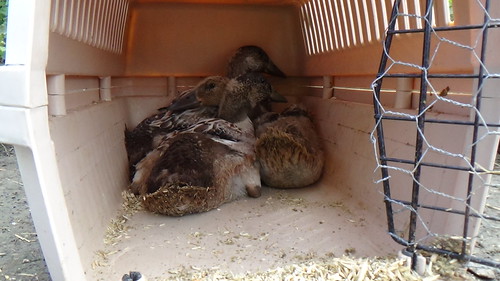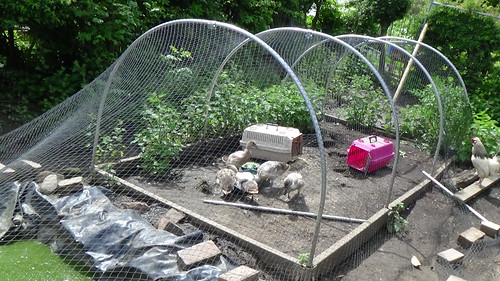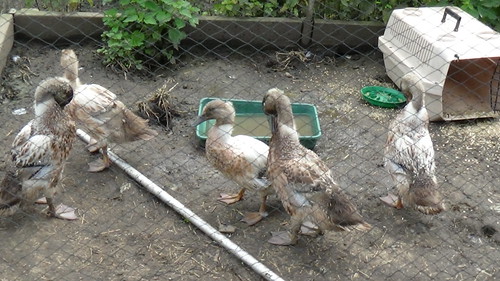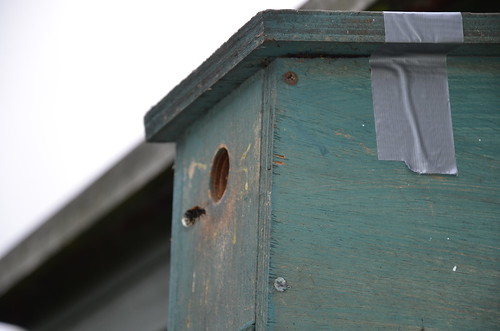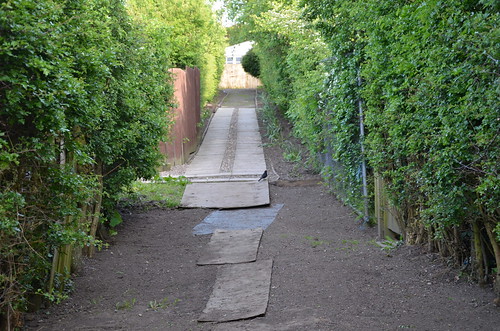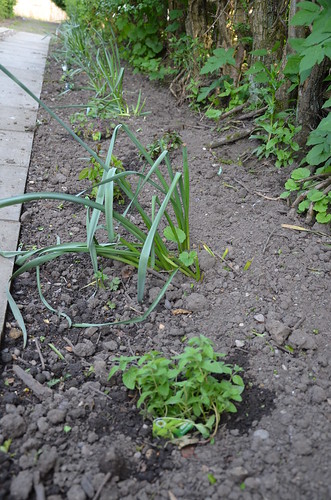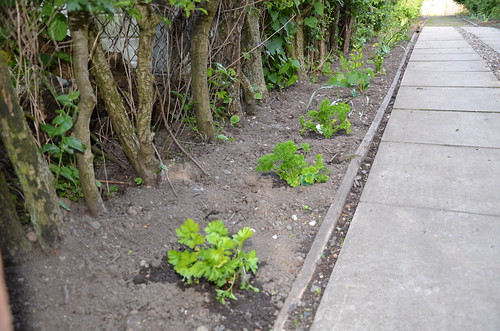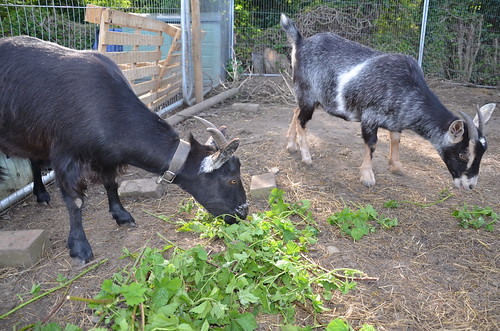On Friday we went into the partly demolished Sun Hill old people's home here in Sunniside to rescue the three feral honey bee colonies. I'm pleased to say the job was easier than I expected. I was able to cut the honeycomb from the roof and drop it into the hives. I think I captured the queens as it appeared that the bees were content to remain in the hives rather than evacuate them and return to their original nest sites - which they would have done if the queens were not captured and were still in the initial locations of the nests. The three hives are still in the building.
That said however, with one colony in particular, there was a cluster of bees at the original location. It appeared not to be interested in moving into the hive. And this afternoon, when walking past the building, I noticed lots of the bees still flying around the airbrick through which the bees had accessed their original site. It may be that the bees are flying out of the hive but instead of flying out through the wideopen window in front of them, they are flying up to the airbrick as they know that as the route to and from the colony. Let's hope that is the explanation as I would hate to find the entire colony of bees clustered back at its old location.
We deliberately left the hives to settle for a couple of days. They are now about to be moved to a new temporary location.
That's me in the picture above with one of the hives. Below, me with some of the honeycomb that did't make it into the hives.
